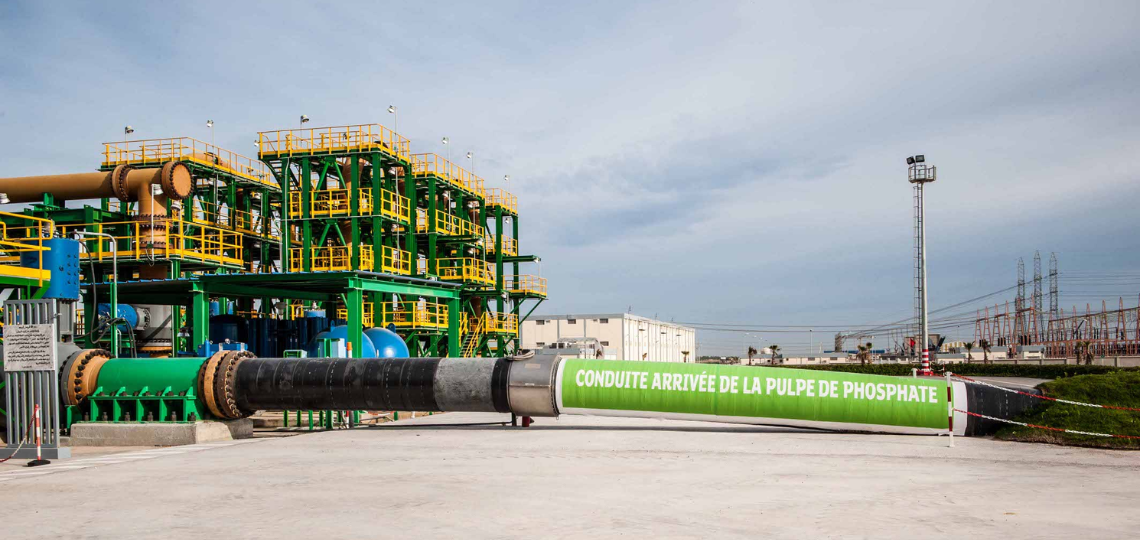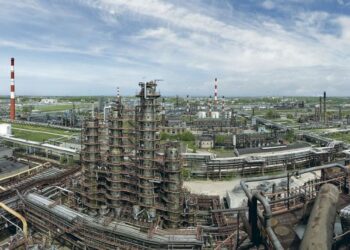OCP announces $12.3 billion investment to rely entirely on renewable energy by 2027. Phosphates and fertilizers will help Morocco’s exports reach a record level of $9.5 billion in 2022.
The role of renewable energy for OCP
OCP, a Moroccan producer of phosphates and fertilizers, is one of the largest fertilizer companies in the world. The public company has set itself the goal of becoming carbon neutral by 2040. Its CEO, Mostafa Terrab, announced that the company will invest in solar and wind projects to achieve this goal.
OCP also plans to invest in desalination powered by renewable energy. The objective is to supply its industrial facilities. In addition, the company will also supply the adjacent farmland.
This announcement by the public company is part of Morocco’s renewable energy development strategy. Its share of the country’s installed capacity is 38%. However, Morocco plans to reach 52% renewable energy by 2030.
Ammonia, an essential element
Investment in renewable energy will also help OCP reduce its dependence on ammonia imports. OCP is indeed one of the largest importers of ammonia in the world. Imports reached $1.65 billion in the first ten months of 2022, an increase of 234% due to the impact of the war in Ukraine.
The reason for the high cost of ammonia imports is its key role in the production of soil nutrients. Investment in renewable energy would help OCP reduce ammonia imports and produce hydrogen and green ammonia, according to its CEO. However, few details are provided on this point.
Low-carbon ammonia represents a very interesting decarbonization potential. It can be used as a stand-alone fuel or as a co-fuel for energy production for example. It could therefore be particularly interesting for OCP to produce them as part of its decarbonization strategy.






